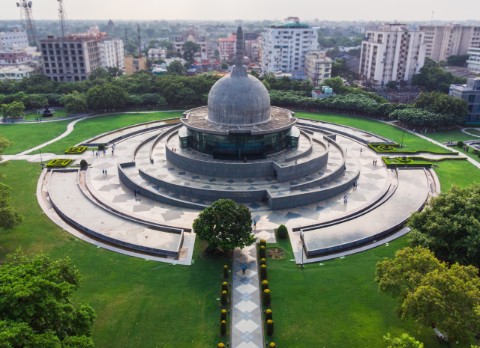Top CSR Projects in Patna
Related Articles
हां, पुलवामा हमले के पीछे पाकिस्तान था…पहलगाम पर घिरे पाकिस्तान ने खुद कबूला गुनाह
Pakistan on Pulwama Attack: पहलगाम आतंकी हमले पर घिरे पाकिस्तान ने 2019 में पुलवामा में ऐसे ही कायरना हमले में अपनी संलिप्तता की बात...
BKC Traffic Jam News: बीकेसी की सड़कों से ट्रैफिक जाम होगा गायब! बनेंगी चौड़ी सड़कें और होगा वन-वे ट्रैफिक
मुंबई के सबसे व्यस्त और महत्वपूर्ण व्यापारिक क्षेत्र बांद्रा-कुर्ला कॉम्प्लेक्स (BKC - Bandra Kurla Complex) को ट्रैफिक जाम (BKC Traffic) से राहत दिलाने के...
India’s Operation Sindoor Claims 40 Pakistani Soldiers, Top Terrorists Eliminated
In a rare tri-service press briefing on Sunday, senior officers from the Indian Army, Navy, and Air Force provided a detailed account of the...

